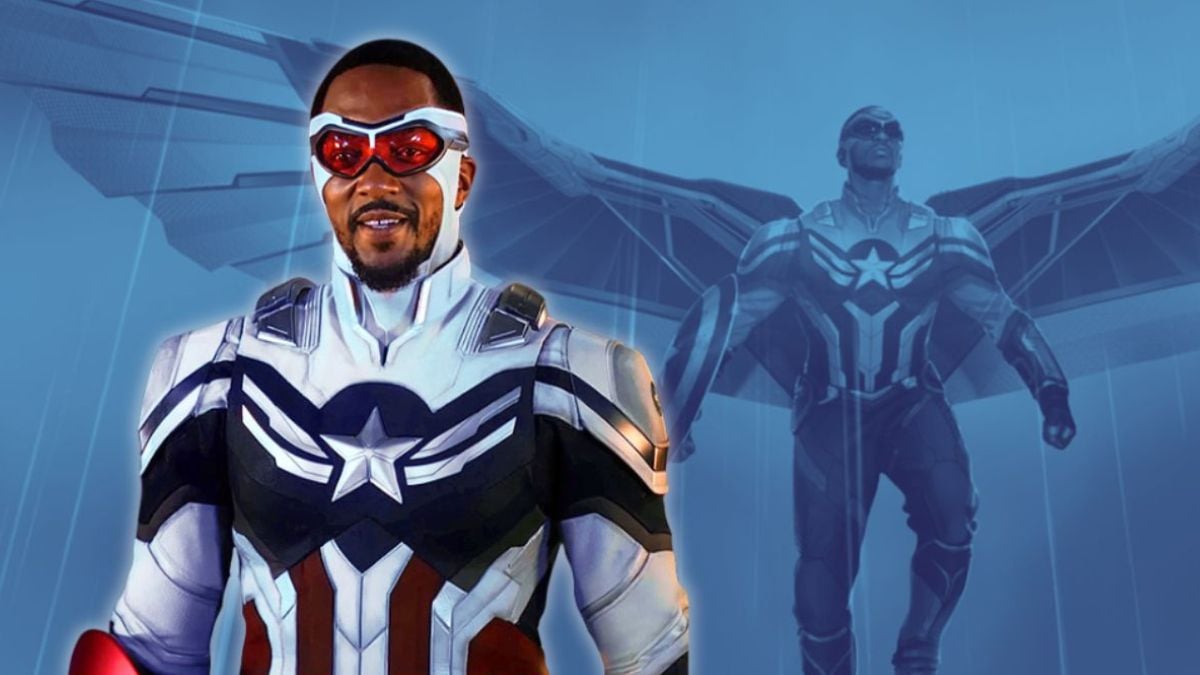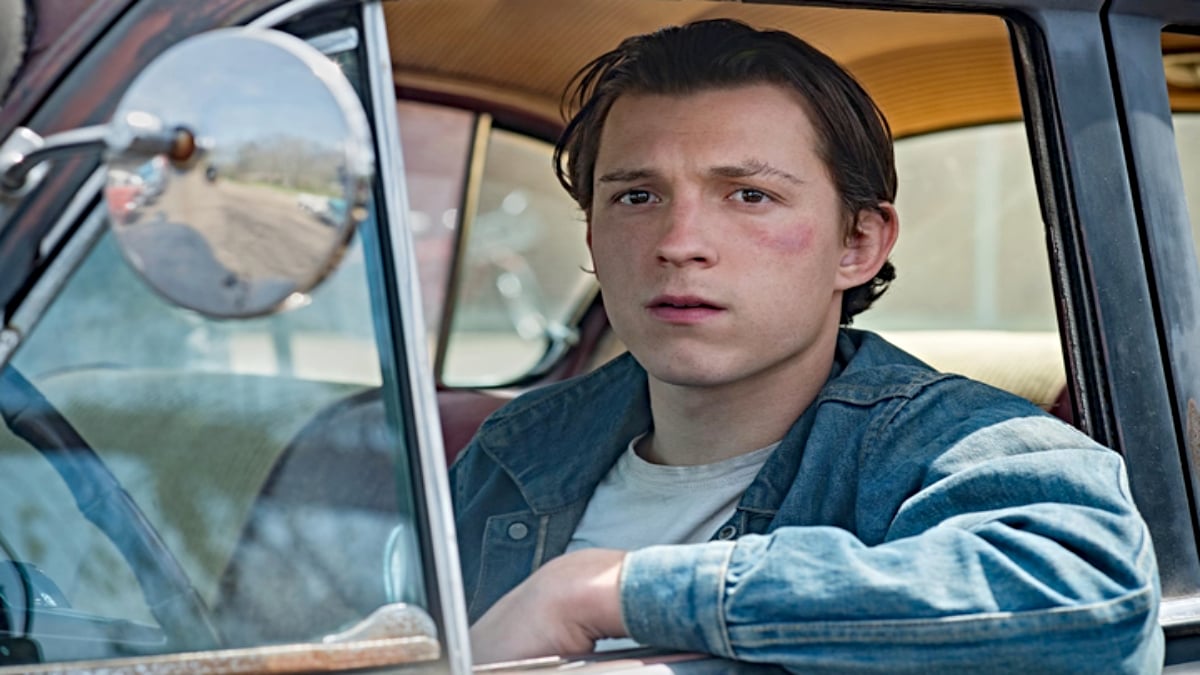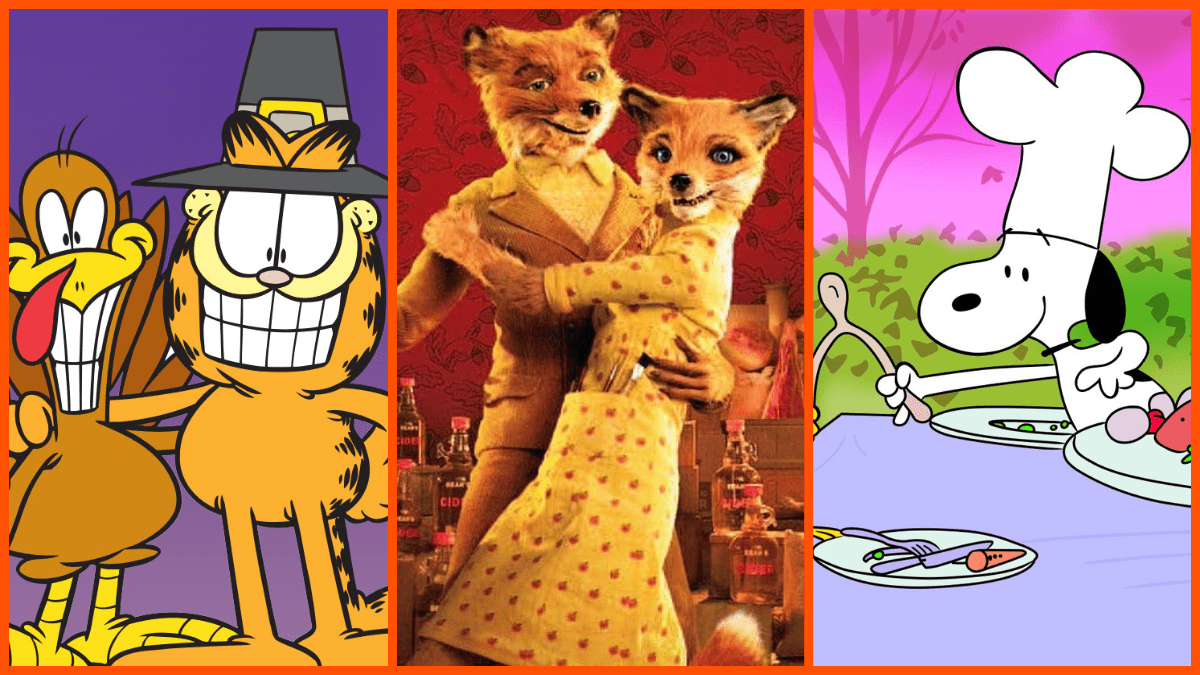The Russo brothers’ first movie since Avengers: Endgame might not be arriving until next year when Tom Holland’s Cherry hits Apple TV+, but the directors of the highest-grossing movie ever made have kept busy in the interim through their AGBO production company. As well as delivering Netflix’s most-watched original title ever with Extraction, Joe and Anthony are also bringing Matthew Michael Carnahan’s directorial debut Mosul to the streaming service.
Based on a New Yorker article by Luke Mogelson, Mosul follows an inexperienced cop who ends up falling in with an elite SWAT team on the streets of the titular Iraqi city as they embark on a dangerous mission fraught with challenges. The movie was originally set for a theatrical release and premiered back in September 2019, before being acquired by Netflix last month.
In our exclusive interview, Carnahan tells us why he settled on Mosul as his first feature after spending his career so far as a writer on the likes of World War Z, Deepwater Horizon and 21 Bridges. The filmmaker also reveals his excitement at seeing his debut movie land on the world’s biggest streaming service, and how he sought to bring a level of realism and authenticity to the type of story that doesn’t get told too often in Western cinema.
How frustrating has it been for you, waiting so long since the premiere to see Mosul released?
Matthew Michael Carnahan: My frustration is with COVID more than anything else, it’s the world we live in that’s responsible. I’m really not frustrated, because I’m just over the moon that not only is it going to come out, but it’s going to come out on Netflix. Be careful what you wish for! 190 countries and hundreds of millions of subscribers. It really is this kind of amazing turn of events. I would have loved for it to be seen this past April when it was originally going to be released, and to see it in a theater would have been interesting, but Netflix is the best possible avenue for this, so we got extraordinarily lucky.
It probably worked out better in the long run, just for the size of the audience you can get now.
Matthew Michael Carnahan: Yeah, I mean the size of the audience is unfathomable. It’s hard for me to kind of wrap my head around, all the people that could potentially see this movie that we made.
It’s not bad, when it’s your first effort behind the camera as well.
Matthew Michael Carnahan: Yeah, it’s only down from here so that’s fantastic!
You’ve worked on some big productions in the past, so was it easier or more difficult than you thought to move to the other side?
Matthew Michael Carnahan: Believe it or not, it was easier, and the reason I wanted… I was sent this article, Joe and Anthony Russo sent me this article and said, ‘Do you want to write this? Read it, and see what format you think it should take if you want to write it’. And I was two or three sentences into the New Yorker article and I thought, not only do I want to write this, but I have to direct it. Which was such a presumptuous thing to think, but it had its hooks into my head and my heart. If they’re not going to let me direct, they can find somebody else to write it because that idea of falling in love with something, writing it, and then handing it over, I just don’t want to do that any more. That’s been so tough for me on a number of occasions where you pour yourself into a script, and somebody takes that script, and it’s no fault of their own, they just see that script differently, different things that mean more or less to them than I do. So just from an emotional, spiritual place it was so much easier than writing and handing off, and there’s something really wonderful, exhausting but wonderful, about knowing if this doesn’t work it’s because of you. There’s no other force out there that’s going to take this and do something different, everything is on you and I loved it. I absolutely loved it.
Was it important for you and the cast to keep the movie in Arabic to give it a sense of authenticity, because it’s definitely an action movie with violence, but it isn’t ‘action movie violence’, everything feels real.
Matthew Michael Carnahan: I mean, you basically answered the question right there. I wanted it to be as authentic as I could possibly do it. From the cast to… not just the language, but the specific dialect. This is an Iraqi/Baghdad city dialect of Arabic, which sounds very different from the Arabic that’s spoken in Morocco where we shot, and I just felt to tell this story in any other way is uninteresting, and is something that people wouldn’t respond to. I don’t want to tell a story about some solider who looks like me and shows the team the right way to fight, these guys have been fighting for years now, they know more about it than most anybody in the world. I wanted to do justice to these guys so yeah, the dialect, the action to get across that bullets hit people, this isn’t this last glorious moment. There’s just destruction. Those were all reasons why I wanted to make it the way we did.
There’s no setup at the start of the move, there’s the prologue text at the beginning and then straight into the action. Was that deliberate, to start off with a bang and then slowly put the story onto the characters?
Matthew Michael Carnahan: Absolutely. Grab somebody’s attention, show them how kind of intricate and difficult these battlefields are, who’s who. Who am I following? Like, embrace the confusion for the first few minutes and slowly let the SWAT team be the answer to the questions that the action has raised. ‘You can fight. I don’t know who you guys are’. That start, to kind of give people an idea of, ‘These are the guys I’m following. They’re mean, but they’re the good guys and they’re going to take this young kid and try and keep him alive’. That criteria is real, that was part of the article, to get onto this SWAT team you obviously have to know how to handle yourself in a firefight, but you have to have lost somebody to ISIS or you have to have been wounded by ISIS. And if you can’t meet those criteria, two of those three, then you’re not in. So just showing people how brutal that is, putting that in motion, in pictures, that was why I wanted to start with this crazy firefight in the first three or four minutes of the movie.

It helps having the right actors as well. There’s a lot of movies in this type of military genre where the characters are more ciphers than actual people, so was it important to give the main characters layers instead of having them power through the action scenes without a breath?
Matthew Michael Carnahan: To me, that was the only reason to make the movie. Like you said, you could get action scenes, literally from hundreds of different movies and TV shows and series, but to show the humanity with these men from a part of the world that you don’t see those sort of depictions. That’s why, it’s a small example, I never wanted anyone in this movie, not even once, to yell, ‘Allahu Akbar!’. You’ve heard it millions of times, so the reason to make this movie is to show the humanity of these guys, and that’s why I so fell in love with the videos of these guys before I even met them. I saw videos on this dial-up connection in Marrakesh, and I knew it from the first. It may sound hyperbolic, but there was never a question in my mind about the characters. It was these guys or we weren’t going to be able to do it, and I knew those layers and fundamental human elements that I love in characters, in movies that I love, they were going to kind of bring it to life just by being who they are.
How would you describe Mosul in your own words for people that’ll see it on Netflix but might not have heard of it and could be interested in checking it out?
Matthew Michael Carnahan: It’s a story about a group of people that you think are different from you, but they’re not. This is a reaffirmation, this idea that I’ve had basically since the War on Terror began, that there’s so much more that unites us than divides us. This SWAT team, to me, is proof of that. So watch this group of people who you don’t know want the very same things that you do.
That concludes our interview with Matthew Michael Carnahan, but Mosul will be available to stream on Netflix tomorrow and is definitely worth checking out.











Published: Nov 25, 2020 06:32 pm